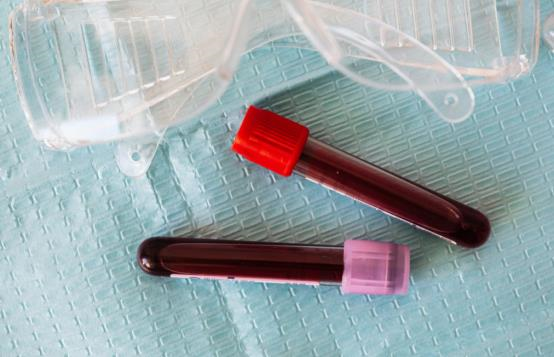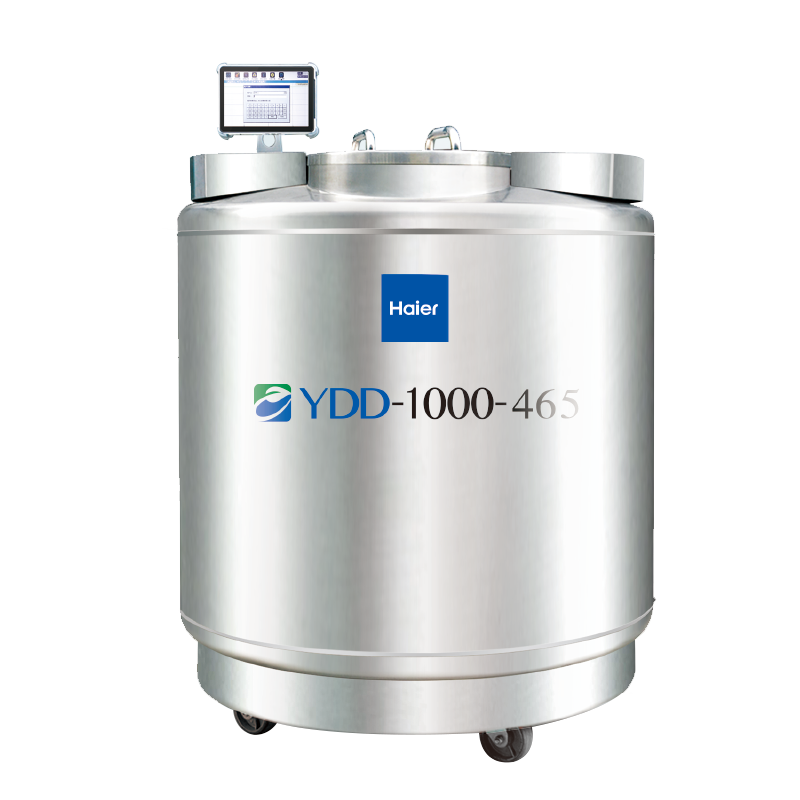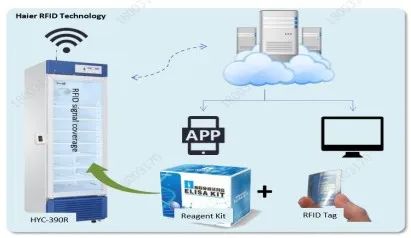You must have heard of cord blood, but what do you really know about it?
Cord blood is the blood that remains in the placenta and umbilical cord after the birth of your baby. It contains some hematopoietic stem cells (HSCs), a group of self-renewing and self-differentiating cells that can grow into various mature blood cells.

When cord blood is transplanted into patients, the hematopoietic stem cells contained in it differentiates into new, healthy blood cells and rebuilds the patient's hematopoietic system. Such precious hematopoietic stem cells, if properly stored, can be used to cure some troublesome blood, metabolic and immune diseases, such as leukemia and lymphoma.
U.S. researchers announced on April 15 that scientists appeared to have successfully cured a mixed-race woman infected with acquired human immunodeficiency virus (HIV) using umbilical cord blood. Now the virus could not be detected in the body of the woman, who thus become the third patient and the first female in the world to recover from HIV.

There are about 40,000 clinical cases in which cord blood is used around the world. This means that cord blood has been extending help to many families.
However, cord blood is not available for immediate use, and almost all cord blood is stored in cord blood banks in major cities. A major proportion of the blood lose its original function due to improper storage and contamination and are therefore discarded before it is used for medical treatment.
Umbilical cord blood needs to be stored in liquid nitrogen at -196 degrees Celsius to ensure that cell activity is not compromised, and the cell thus remains effective when used for medical purposes. This means that cord blood should be stored in liquid nitrogen tanks.
The safety of the liquid nitrogen tank is central to the effectiveness of the umbilical cord blood as it determines whether the -196 ℃ low temperature environment can be maintained. The Haier Biomedical Biobank series are safe to store umbilical cord blood and consistently provides a stable environment for storing hematopoietic stem cells.

Its vapor-phase storage prevents cross-contamination, protecting the effectiveness and safety of cord blood; its excellent temperature uniformity provides a stable storage environment at a temperature of -196 °C. Its splash-proof function offers a safer guarantee for the operation process, thus comprehensively ensuring the safety and effectiveness of umbilical cord blood.
As liquid nitrogen tanks are applied in more and more fields, Haier Biomedical has launched a one-stop and full-volume liquid nitrogen tank storage solution for all scenarios. Different liquid nitrogen tanks are matched with different scenarios according to your needs, thus saving more time and offering more convenience.














.png)




























